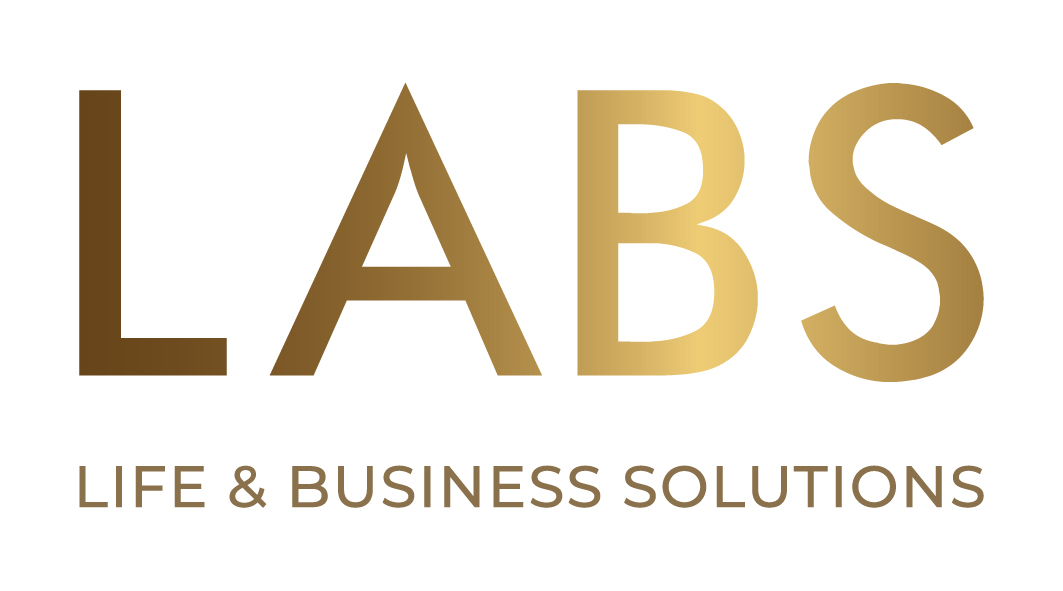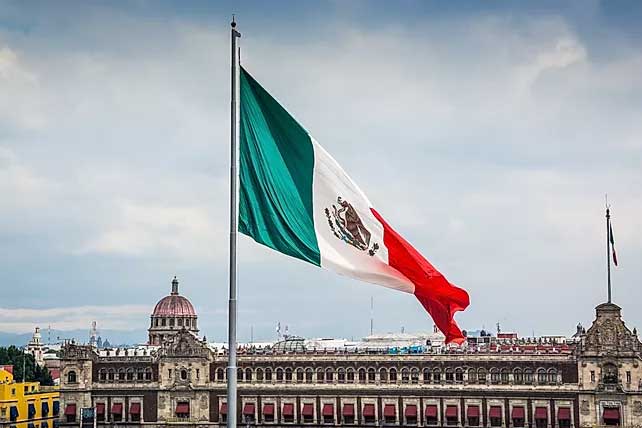As part of anti-money laundering, terrorism financing, tax evasion and for the implementation of the international exchange of tax information, governments of different countries are taking legislative measures to increase the transparency of corporate structures. One example of successful implementation of such measures is the creation of registers of ultimate beneficiaries of legal entities in various jurisdictions. Now, in addition to information about the company itself in various registers, which we discussed in the previous article, interested parties will be able to get information about the ultimate owner of such a company.
The main purpose of such registers is to identify and establish the real ownership of a particular individual for each company or complex corporate structure.
The final beneficiary of the company is identified according to one of the following criteria:
1) by the size of the ownership – for a person to be recognized as a beneficial owner, the share of his participation in the company’s capital, both direct and indirect, must be, as a rule, more than 25%;
2) according to the criteria of management and control – when the person has the functions of making key decisions in relation to the company (for example, making decisions on the distribution of dividends, the appointment of a top manager, etc.)
In the vast majority of cases, the amount of information requested and entered in the registers is limited to the following data about the beneficiary:
– full name;
– date of birth;
– citizenship;
– residential address;
– passport number;
– ownership percentage.
Depending on the jurisdiction, registers can be divided into public (any person has access to information about the company’s beneficiary) and closed (access to information is restricted by law to a limited number of persons, i.e. to police and tax authorities).
Let’s look at what type of access to the registers of beneficiaries is offered by different countries today:
United Kingdom – public register https://beta.companieshouse.gov.uk, introduced since June 2016 (since July 2017 for LP structures);
Malta – closed register, introduced in January 2018;
Luxembourg – closed register, introduced in March 2019;
Cyprus – closed register, introduced in March 2021;
Estonia – public register https://ariregister.rik.ee, information available for a fee, introduced in September 2018;
Latvia – public register https://www.lursoft.lv, information available for a fee, introduced in March 2018;
Netherlands – public register https://www.kvk.nl/, introduced in September 2020;
Switzerland – closed register, introduced in July 2015;
Ireland – closed register https://rbo.gov.ie, introduced in March 2019;
BVI – closed register, introduced in July 2017;
Gibraltar – closed register, introduced in June 2017;
Hong Kong – closed register, introduced in March 2018;
Singapore – closed register, introduced in March 2017.
It should be also noted that all countries of the European Union, in accordance with the requirements of Directive 2018/843 of the European Parliament and of the Council of 30 May 2018, are required to introduce registers of beneficiaries in their legislation.
Speaking about registers of beneficiaries, it is also worth saying that such registers contain information about the real ultimate beneficiary, and not about the nominal shareholder or other third party, which some mistakenly call the “nominal beneficiary”. Most of the jurisdictions that maintain registers of beneficiaries make the relevant requirements and impose serious penalties for providing false information. It is in this regard that the beneficiary can never be “nominal”, it is always a real individual.
























